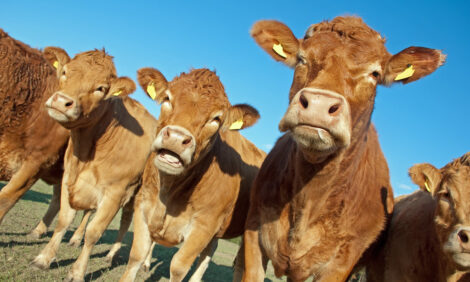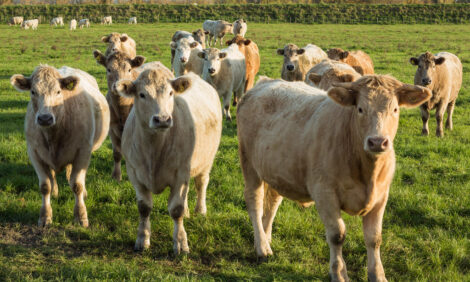



Aussie Sales to Korea Beef Up Following US Return
AUSTRALIA - Just two weeks after a massive stockpile of discounted US beef hit the Korean market Australian beef sales have experienced a remarkable increase in the face of fierce competition.
On average, retail sales of Australian beef in Korea have increased by around 25 percent during the period.
Meat & Livestock Australia’s regional manager in Korea, Glen Feist said the return of US beef to the Korean market had triggered a surge in overall demand for beef at the expense of other proteins such as pork and seafood.
“The return of US beef to the Korean market has had a really positive impact in that more people are now buying beef,” Mr Feist said.
The catalyst for the surge of US beef onto the Korean market was a decision by three major supermarket chains - E-Mart, Lotte Mart and Tesco Homeplus - to again stock the product after a five year absence. The three major discount retailers have a total of 292 outlets throughout Korea and started selling US beef from 27 November.
US beef was banned from the Korean market immediately after BSE was discovered in the American cattle herd in late December 2003. Soon after, Australia gained a 75 percent market share of the Korean imported beef market. Prior to the US ban it was 21 percent.
“Korean consumer confidence in beef took a real hit following the banning of US beef because of BSE and to see that start to turn around is a fantastic thing. Overall beef consumption in Korea fell from 8.1kg per person to 6.1 kg per person immediately following the US BSE discovery in December 2003. However our marketing emphasis on the safety of Australian beef has assisted beef consumption to recover to 7.5 kg per person,” Mr Feist said.
“We are confident Australian beef can hold on to a considerable market share with the US now back in the market. The generic Australian beef brand in Korea - Hoju Chungjung Woo - is very highly regarded by Korean consumers as being clean, safe and delicious.
“We hope that a large part of any loss of market share to the US can be offset through a general rise in demand in Korea.”
Mr Feist said the large scale return of the US will provide a degree of stability to the Korean beef market that has been missing for five years, which will help beef to regain the share it lost to other meats, such as pork and seafood.
“After the initial wave of activity following the reappearance of US beef we can expect the Korean beef market to stabilise in February or March 2009, when US beef stockpiles will have run down,” Mr Feist said.
TheCattleSite News Desk


